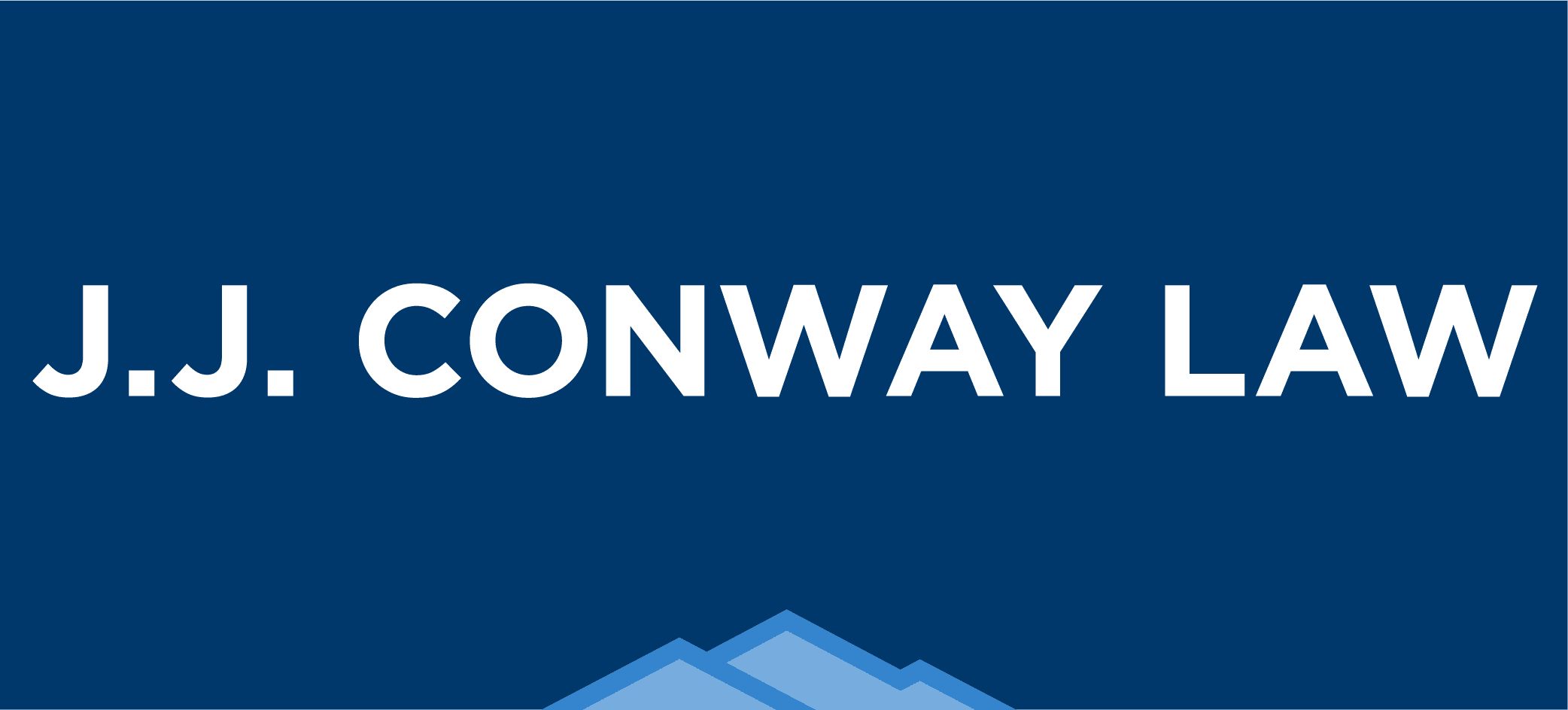A buzzworthy topic in the past couple years, especially as celebrities – and perhaps
even your family and friends – are slimming down noticeably and quickly: weight loss
drugs. GLP-1 drugs, commonly referred to by the brand names such as Ozempic,
Mounjaro, Zepbound, and Wegovy, among others, have grown in popularity in recent
years as a tool for weight loss.
Deemed wonder drugs by some, perhaps it’s not surprising that these drugs come at a
high price; so high, that more insurers are balking – and increasingly refusing – to cover
them. With an annual cost averaging $12,000 for GLP-1s, Blue Cross Blue Shield of
Michigan announced its plans to eliminate coverage of the weight loss drugs effective
January 2025, and others are following suit, or enforcing eligibility requirements. Some
insurers will still cover some of the drugs when being prescribed for Type 2 diabetes
treatment, considering the cost to be less than managing the many chronic conditions
that often accompany Type 2 diabetes.
GLP-1s have become a useful tool to transform the lives of those facing obesity, as they
help individuals slim down and in turn help to eliminate other health complications that
result from being overweight. However, if the trend of insurance companies dropping
coverage of these drugs continues, and the prices to purchase them remains high,
those in need of the drug who don’t have insurance coverage, or whose insurers have
announced plans to drop the coverage, may turn to legal action, seeking recourse by
hiring an employee benefits attorney for solo or class action representation.



Recent Comments